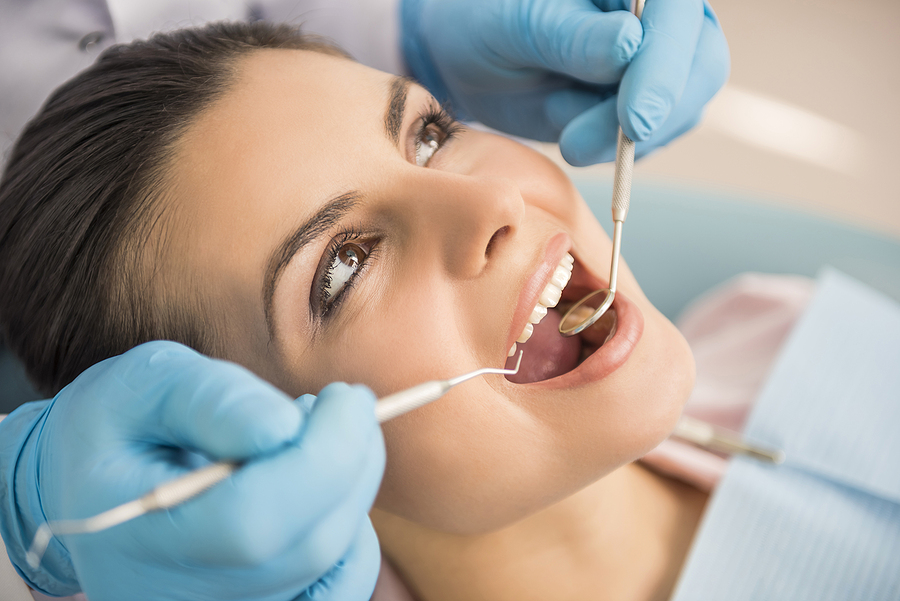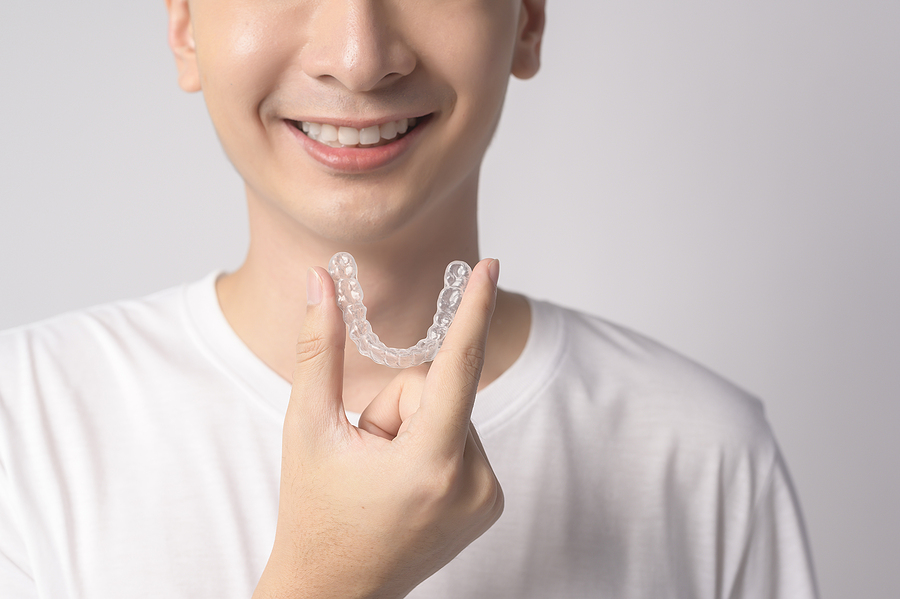Welcome to our blog post on dental implants! If you're missing one or more teeth and looking for a long-lasting solution, you've come to the right place. Dental implants have revolutionized restorative dentistry, providing individuals with a natural-looking and functional replacement option. But who exactly is a good candidate for dental implants? In this article, we will explore the factors that make someone an ideal candidate for this transformative procedure. So let's dive in and discover if dental implants are right for you!
Factors That Make Someone a Good Candidate for Dental Implants
Dental implants have revolutionized the field of dentistry, providing a long-lasting solution for those with missing teeth. But who is a good candidate for this procedure? Let's explore some factors that can determine eligibility.
- First and foremost, having good oral health is crucial. This means maintaining healthy gums and sufficient bone density in the jaw to support the implant. A thorough examination by your dentist will help determine if you meet these requirements.
- Additionally, being in overall good health is important as it promotes successful healing after surgery. Chronic conditions such as diabetes or autoimmune disorders may affect the body's ability to heal properly, making dental implants less suitable.
- A commitment to oral hygiene is also essential. Implants require regular brushing, flossing, and professional cleanings, just like natural teeth. If you are diligent about taking care of your oral health and willing to follow post-procedure instructions, you're more likely to be considered a suitable candidate.
- Furthermore, non-smokers tend to have better success rates with dental implants compared to smokers. Smoking can impede proper healing and increase the risk of implant failure.
- It's vital that candidates have realistic expectations about the outcome of their implant procedure. While dental implants offer numerous benefits and an improved appearance, they are not perfect replacements for natural teeth.
In short, determining whether someone is an ideal candidate for dental implants involves considering various factors such as oral health status, general well-being, commitment to oral hygiene practices, and realistic expectations. Your dentist will evaluate these aspects during the consultation to ensure optimal outcomes from this transformative treatment option.
Health Conditions That May Affect Eligibility for Dental Implants
When considering dental implants, it's important to evaluate your overall health and any potential conditions that may affect your eligibility for the procedure. While dental implants are a great option for many people, certain health conditions may impact your ability to safely undergo the treatment.
- One of the primary factors that can affect eligibility is gum disease. Patients with advanced gum disease may not be suitable candidates for dental implants due to its potential adverse effects on implant success rates. It's crucial to address any underlying periodontal issues before proceeding with implant placement.
- Additionally, individuals with uncontrolled diabetes or autoimmune disorders should consult their healthcare provider prior to pursuing dental implants. These conditions can hinder proper healing and increase the risk of complications following surgery.
- Smoking is another significant consideration. Tobacco use has been linked to a higher failure rate of dental implants as it impairs blood flow and delays healing processes in the mouth.
- Furthermore, patients who have undergone radiation therapy in the head or neck region may experience compromised bone quality and reduced blood supply, making them less suitable candidates for dental implants.
Every individual's case is unique, and a comprehensive assessment by both your dentist and medical professional is necessary to determine if you are an ideal candidate for dental implants. By addressing any underlying health concerns beforehand, you can maximize the chances of successful implant placement and long-term oral health benefits.
The Process of Getting Dental Implants
Getting dental implants is a multi-step process that requires careful planning and collaboration between you, your dentist, and any specialists involved. The first step is the initial consultation, where your dentist will assess your oral health and determine if you are a good candidate for implants. This may involve taking X-rays or 3D scans of your mouth to evaluate bone density and identify any potential challenges.
If you are deemed eligible for dental implants, the next step is the implant placement surgery. During this procedure, a titanium post will be surgically inserted into your jawbone to serve as the artificial tooth root. This post needs time to integrate with the surrounding bone, which typically takes several months.
Once the implant has fused with the bone (a process known as osseointegration), an abutment is attached to it. The abutment acts as a connector between the implant and the replacement tooth (crown). Impressions of your teeth are taken so that custom-made crowns can be created to match your natural teeth in size, shape, and color.
Once everything has healed properly, these custom crowns are securely placed onto the abutments. Your dentist will ensure that they fit comfortably and blend seamlessly with your existing smile.
Conclusion
Dental implants are a revolutionary solution for those seeking to restore their smile and regain the full functionality of their teeth. They offer a long-lasting, durable alternative to traditional dentures or bridges. However, not everyone is an ideal candidate for dental implants.
Several factors contribute to determining if someone is suitable for this procedure. Good oral health, sufficient bone density in the jaw, and healthy gums are essential prerequisites. Additionally, non-smokers tend to have better success rates with dental implants compared to smokers.
It's crucial to consider any underlying health conditions that may affect eligibility for dental implants. Conditions like uncontrolled diabetes or autoimmune disorders can hinder the healing process and increase the risk of complications.
If you meet the criteria for candidacy, the process of getting dental implants typically involves several stages: consultation and examination, implant placement surgery, osseointegration (the fusion of the implant with the jawbone), and finally, attaching custom-made prosthetic teeth onto the implant posts.
Remember that each case is unique, so it's essential to consult with an experienced dentist who specializes in implant dentistry. They will thoroughly evaluate your oral health and determine if you're a good candidate for dental implants.
So why wait? Consult with our dentist today to find out if you are a good candidate for dental implants – take that first step towards restoring your smile!
Advanced Dental Specialty Group
Location
1838 N. 1075 W Suite 100, Farmington, UT 84025
(801) 923-1011Email Us
utahdentalspecialists@gmail.com
At Advanced Dental Specialty Group, we strongly suggest that our newer patients properly prepare for their first appointment.
- MON8:00 am - 5:00 pm
- TUE - WEDClosed
- THU8:00 am - 5:00 pm
- FRI - SUNClosed








